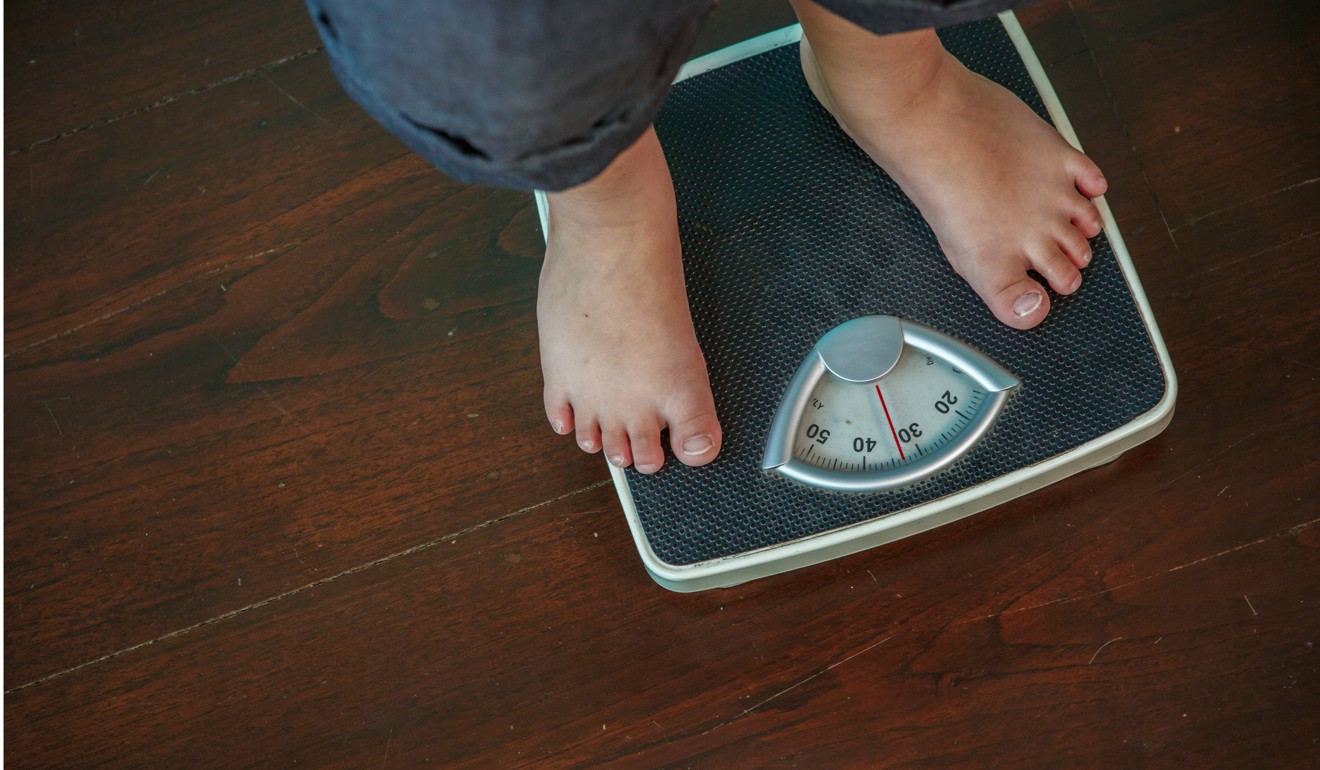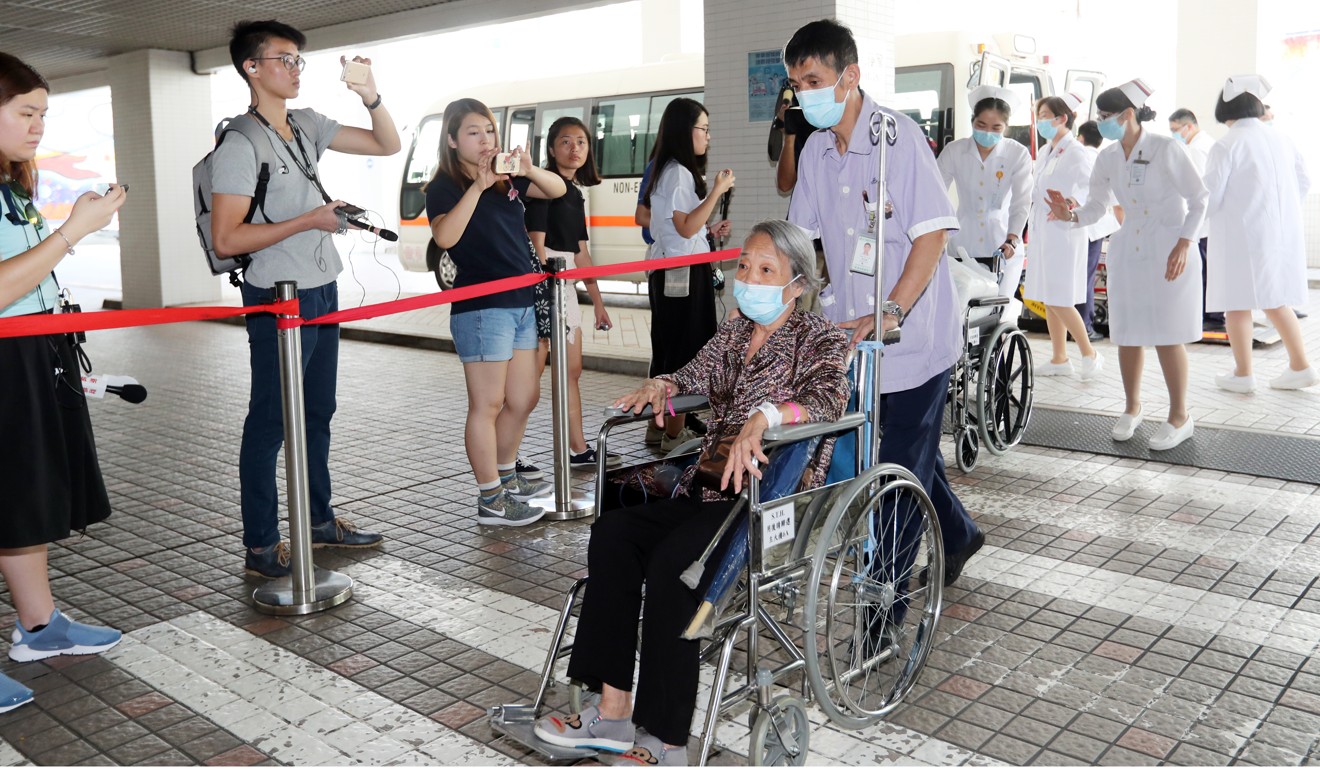
Hongkongers are living longer now, but are we living better?
Paul Yip says that if Hongkongers want to be healthier for longer, we need to address suicide, quality of care and work-life balance

As a new year beckons, we often exchange wishes for a longer, healthier and happier life. In Hong Kong, we are certainly living longer, but are we healthier and happier too? Life expectancies in the city has increased from 67 in 1960 to 84.3 in 2016. The improvement, at 3.15 years per decade, means Hong Kong outperformed the global average, which rose at a rate of 2.5 years per decade.
By contrast, the United States saw a reduction in its life expectancy from 78.9 in 2014 to 78.8 in 2015, according to the US Centres for Disease Control and Prevention.
According to the World Bank, the US spent more than 17 per cent of its gross domestic product on its health care expenditure in 2015, whereas Hong Kong spent only about 5.7 per cent. The global health expenditure is about 9.89 per cent. Thus Hong Kong has achieved outstanding health performance on a limited budget.
Mainland China achieved a life expectancy of 76.5 years in 2016, despite unfavourable environmental conditions.
According to Centres for Disease Control and Prevention, the US has seen a significant reduction in the seven leading causes of death, including heart disease, neoplasm, etc. However, injury and suicide deaths are on the rise. These deaths usually occur relatively young and have a relatively large impact on life expectancy.
Population behaviour matters. Some basic elements, like regular exercise and a healthy diet have been neglected, especially among those from the lower socio-economic groups. It doesn’t matter if heart bypass surgery can be performed miraculously, it is the obesity in the population and lack of exercise that kills.

Hong Kong can’t take improvement in life expectancy for granted. To maintain our standard of care, we need to invest in primary health care by promoting healthy living and injury prevention. Investing in prevention and improving well-being in the population at large would be much more cost-effective than spending billions of dollars more on tertiary and hospital care.
Hong Kong has an annual health care budget of more than HK$60 billion, almost 20 per cent of government expenditure. But only a small share of this budget is spent on healthy living promotion and disease prevention. If we invest enough on these, many hospitalisation days could be saved.
For example, it is estimated that every year, about 6,000 people have been admitted to hospitals for treatment due to self-harm and the average time spent in the hospital is about 3.2 days. If we take HK$3,000 per day as an average cost, this costs the system HK$57.6 million a year. Some other costs, including the loss of economic productivity and costs to other family members and follow-up heath care have not been taken into account yet.

Also, suicides every year in Hong Kong have negatively affected life expectancy. Our studies show that without suicide, lifespan for those aged 18 and older would be increased by 0.34 and 0.3 years for males and females, respectively.
Furthermore, though we are living longer, our data suggests that the amount of days each person is hospitalised has not been reduced. This means the burden on the hospital system has increased, and will continue to increase as lifespans extend. This poses a serious challenge to the sustainability of our system.
We need to reduce demand by promoting a healthy population and increasing the hospital service supply. New technology must also be developed to reduce the duration of hospital stays without compromising quality of care. Our system needs to improve its efficiency to cope with the anticipated increase.
We must make our city healthier by promoting heathy lifestyles. Work-life balance is important for our overworked, overstressed working population. Sleep deprivation is not uncommon and has a detrimental health impact.
Improving accessibility and affordability of leisure and recreational facilities is important. The availability of sports grounds, green and open spaces, swimming pools and libraries is important for physical and mental well-being in the community.
Hong Kong kindergarten kids experience Shaolin kung fu
Building a healthy population starts from youth and is a lifelong investment. Schools should make more room for physical and outdoor activities. Our students have been preoccupied with examinations and academic performance and lose the enjoyment of schooling. We should provide more support so they do not engage in unhealthy lifestyles like substance abuse and excessive internet use.
The government should provide the infrastructure and environment to promote healthy living and the community should take responsibility for its own health.
Paul Yip is a chair professor (population health) and the director of the Centre for Suicide Research and Prevention at the University of Hong Kong